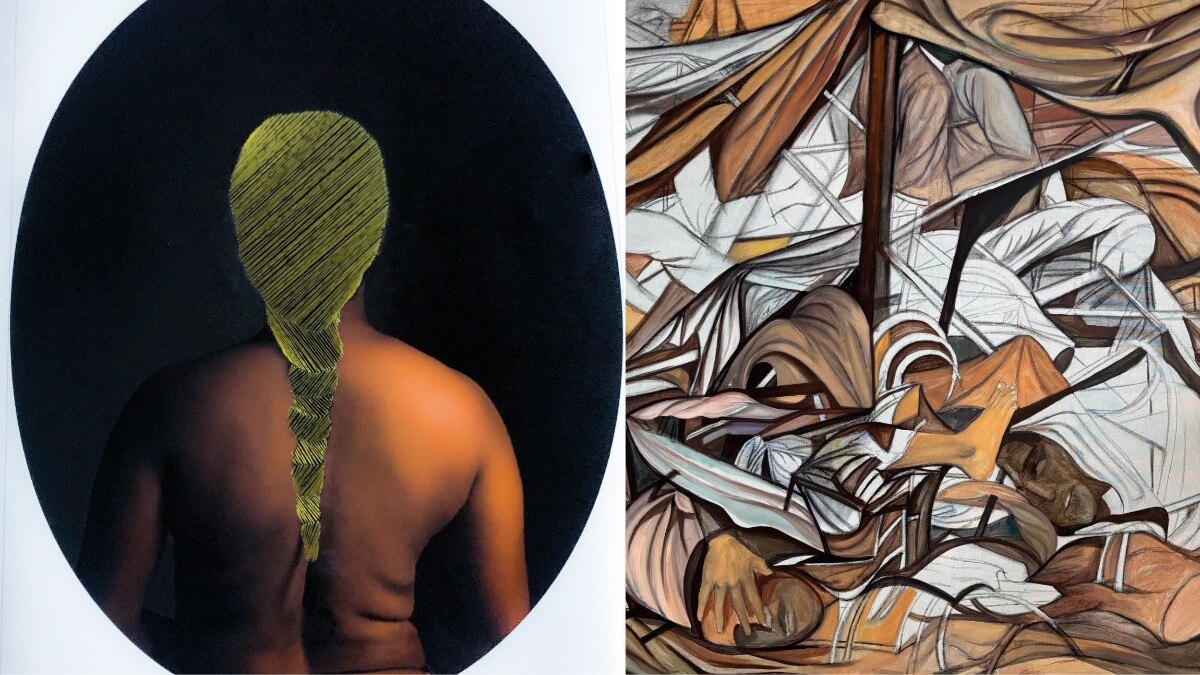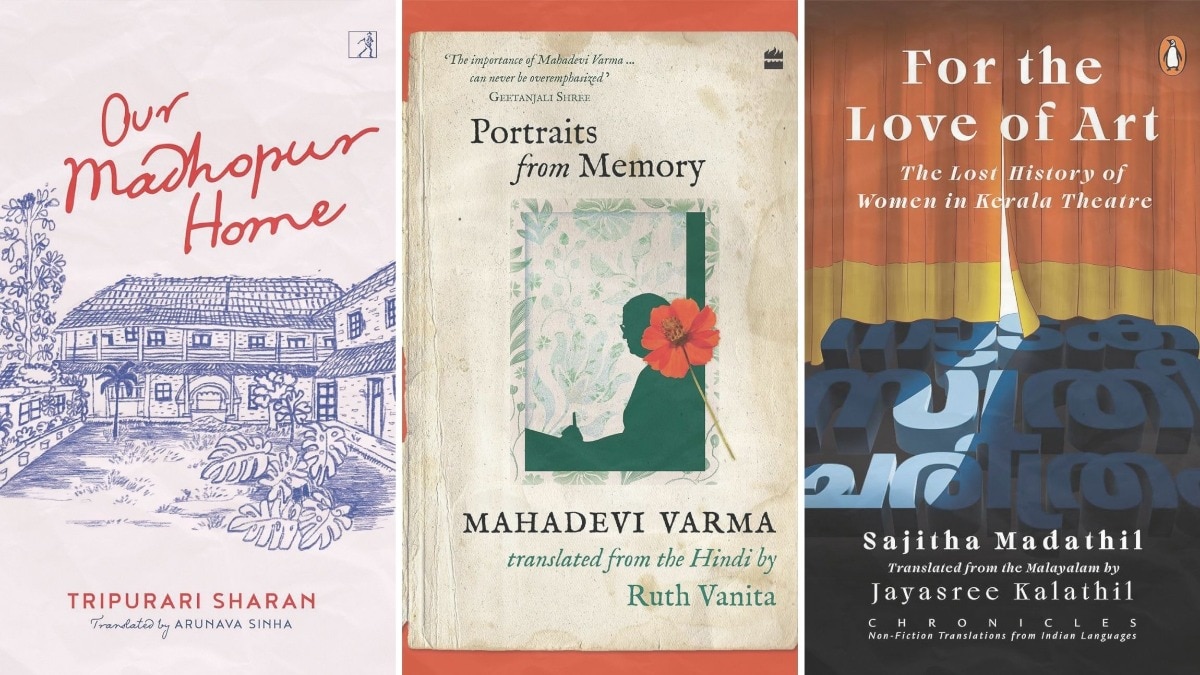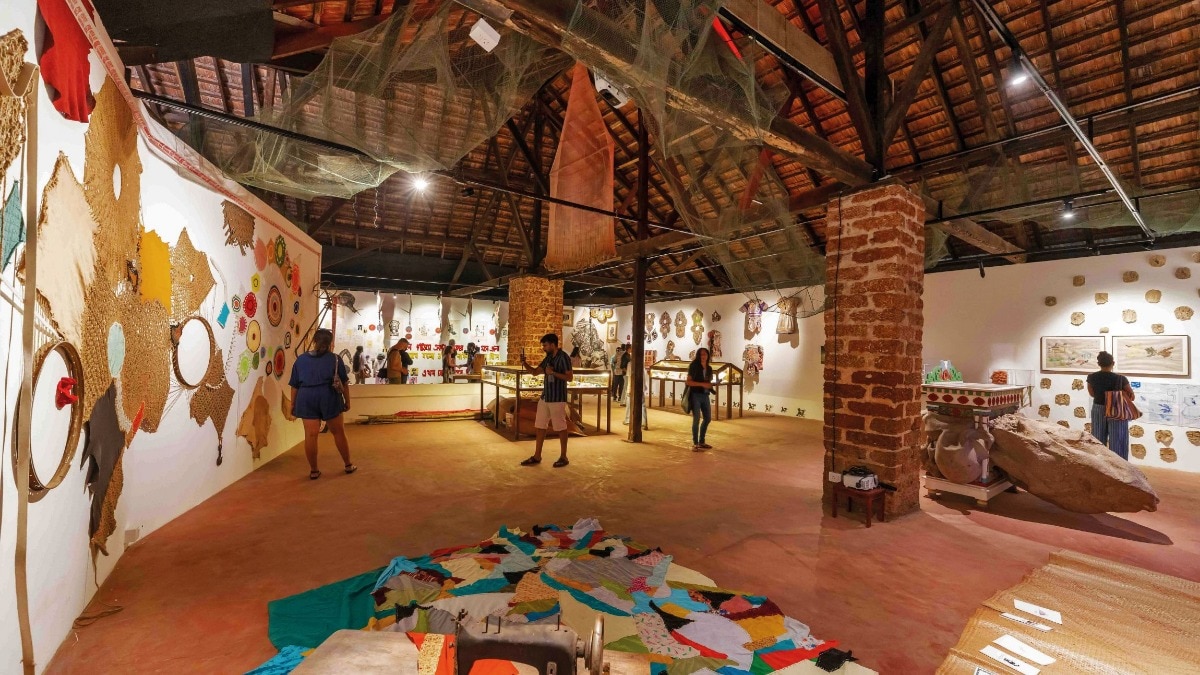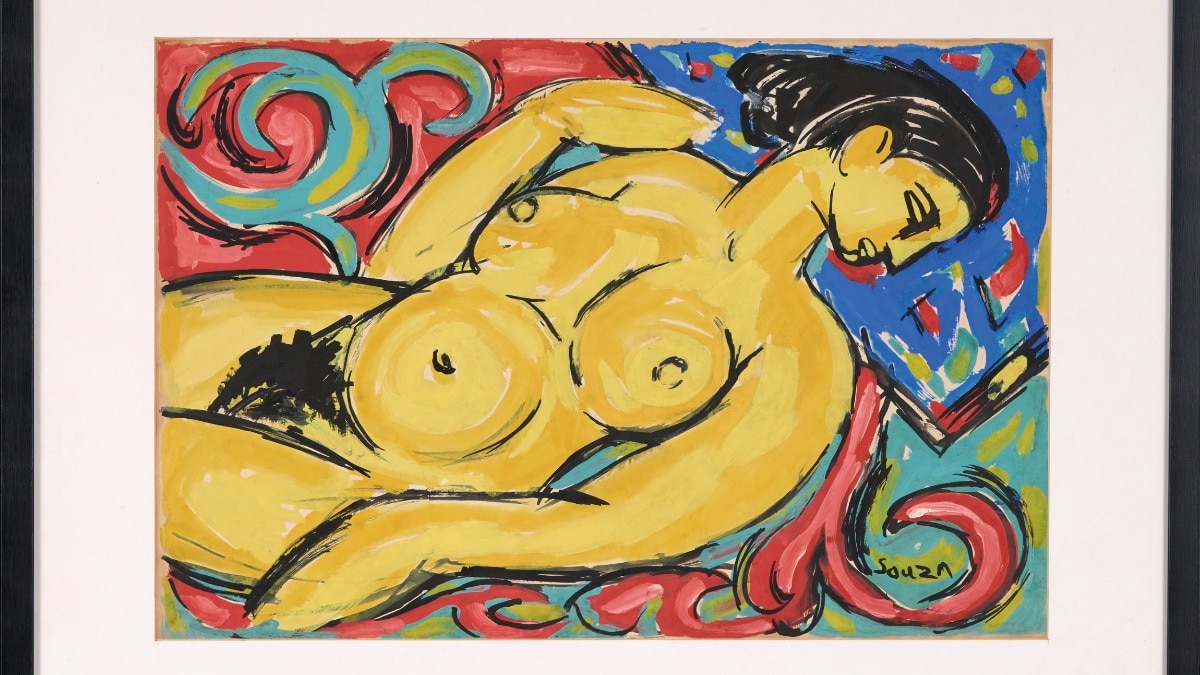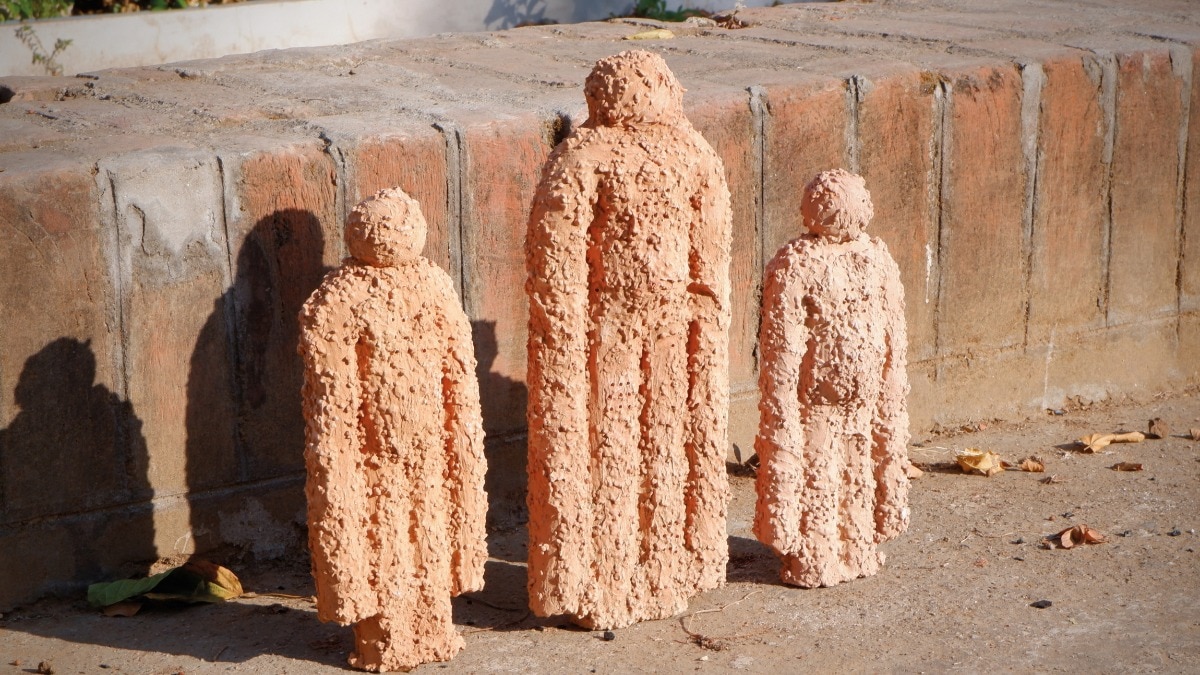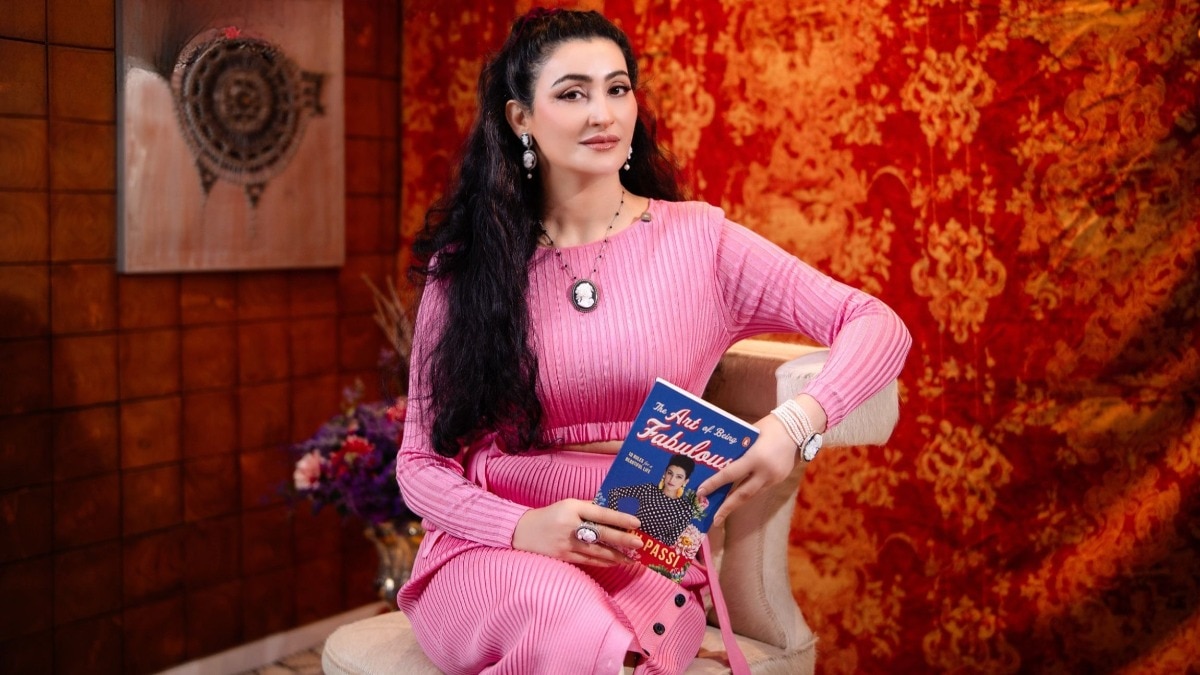
Five books on partition through the female lens
Turn through the pages of an event that gave birth to the nation that we are today.


At the stroke of the midnight hour, when the world sleeps, India will awaken to life and freedom.
- Jawaharlal Nehru (Tryst with Destiny)
India’s Independence, at the stroke of the midnight hour, was the tumultuous and long-awaited birth of the life of a new nation. Like a newborn entering the world after a painful struggle of birth, India too was born after enduring centuries of exploitative colonial rule. With the long-awaited chime of the midnight clock, the newly born country shed its past like blood, leaving the chains of colonialism behind whilst embracing an identity of its own.
This birth, however, was not without blemish. The process of the Partition of India into two new states of India and Pakistan involved uprooting millions of people from age-old roots, forcing them to migrate across newly developed borders. The pen of Cyril Radcliffe changed entire destinies for generations to come and The Birth of the Nation, although celebratory, was marred by the struggles and conflicts of identity, roots, and belonging
Tracing the history of these experiences through the eyes of female authors, here are five books that provide a feminine perspective on this painful experience.
The Other Side Of Silence: Urvashi Butalia

True to its title, The Other Side of Silence illuminates the often overlooked oral histories of the partition providing a newer and more nuanced perspective to readers. Butalia, through her work, breaks through the predominantly male-centric narrative of the partition by shedding light on the otherwise marginalized communities: women, the poor, and the discriminated.
Butalia’s work is the result of extensive and historically revolutionary research to explore the partition of India in 1947. By delving into the personal accounts of seemingly hidden participants of the partition, she meticulously and carefully documents the trauma, resilience, and anxieties of these individuals by placing a human face to such a harrowing experience. All in all, The Other Side of Silence remains a testament to the importance of questioning narratives and bringing forth seemingly hidden voices for a more holistic approach to history.
Independence: Chitra Banerjee Divakaruni

Written by one of the most celebrated female historical fiction writers, the book by Chitra Banerjee Divakaruni follows the story of three sisters in a rural village of Bengal during the eve of Independence and the partition thereafter. Offering the Bengal perspective on the partition, this book follows the themes of independence, nationhood, love, and sacrifice. The heart of this gripping novel lies in its ability to intricately portray the lives of three sisters and their dilemma between family loyalty and their desire to carve their independent path amidst the changing socio-political backdrop. It is indeed Divakaruni at her finest!
Pinjar : Amrita Pritam

Pinjar provides an intimate and poignant experience of one of the most harsh realities of the partition: the abduction of thousands of women across both borders. It follows the story of a Hindu girl, Paro, and explores her turmoil as she is abducted by a Muslim man Rashid and the literal Stockholm Syndrome scenario that eventually follows. The beauty of this timeless piece of work lies in its ability to touch upon the universality of human experiences in arguably the most unique historical circumstance. What makes Pinjar a classic is Pritam’s beautiful storytelling skills which are enough to tug at your heartstrings as she explores themes of femininity, resilience, love, and belonging.
Sunlight on a Broken Column: Attia Hosain

Set in pre-independent India this novel follows the story of a young Muslim girl called Laila as she navigates her identity amidst the socio-political upheaval of those times. Hosain beautifully captures the themes of family, gender ideals, education, and individuality. Ultimately, it offers the readers a captivating insight into the history of a woman in an orthodox family before and after the partition through the eyes of a strong-willed protagonist.
The Footprints of Partition: Anam Zakaria

A collection of individual narratives from the survivors of the partition, Zakaria, through her book, provides an intimate and attentive portrayal of the psychological and emotional impact of what they have faced. Offering narratives from both sides of the border, this work offers a deeply truthful and nuanced perspective on the largest human migration in recorded history. Recommended to all history buffs, this novel provides the reader with a perfect blend of academic research and lived experiences, making it a thoughtful and provocative read.

